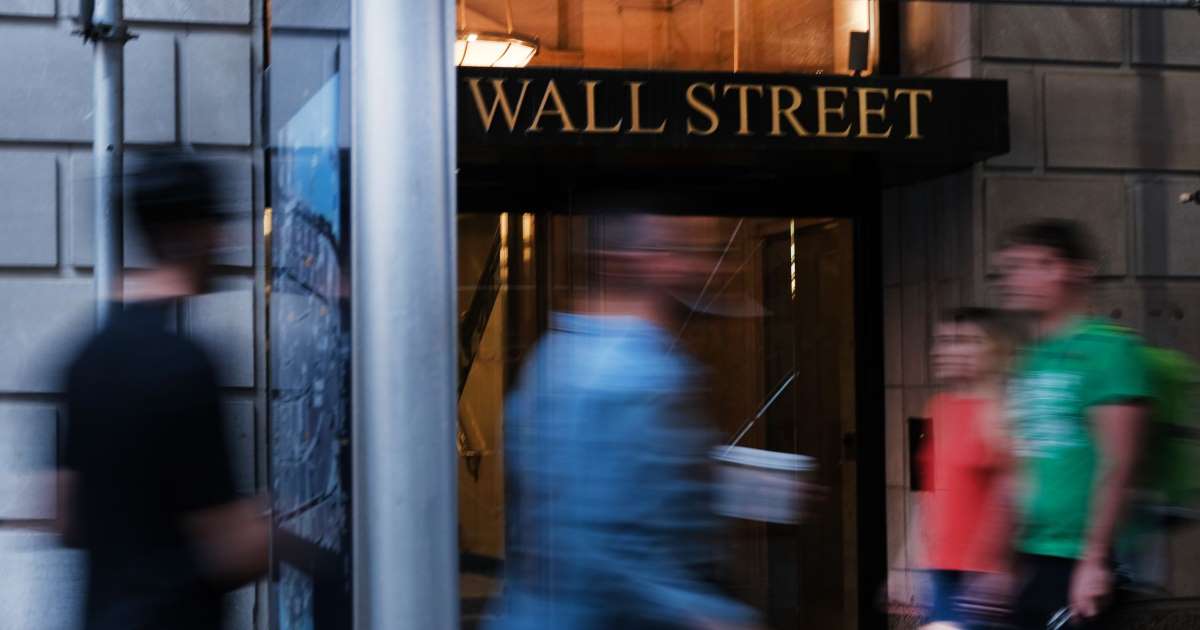Zero or negative interest rates will do “huge damage” to the economy in the long run, analysts warn, adding that the addiction to cheap money has become a problem as Central banks around the world go down the path of ever lower rates.
The trend toward zero interest rates is “perverse” and could “poison” the business environment, said Yuwa Hedrick-Wong, a visiting scholar at the Lee Kuan Yeh school of public policy.
Low interest rates hurt lenders ‘ profits as they narrow the margins that banks can earn. In a negative interest rate environment, cutting rates deeper into negative territory essentially means lenders are paying more to let the Central Bank hold their excess funds overnight.
Speaking at the Forbes Global CEO conference in Singapore on Tuesday, Hedrick-Wong said: “I firmly believe that zero interest rate, or negative interest rates (is) actually doing huge damage to the economy in the long run. Let’s start with the fact that zero interest rates are poisoning the corporate business environment”.
European banks have struggled for years in the face of persistently low interest rates – first hitting zero in 2012 before turning negative in 2014. The European Central Bank raised its rate below zero in September, and other countries such as Denmark, Sweden and Japan have also done so.
“We must reverse this process. Normalizing interest rates should be a top priority in managing the economy in the future, ” Hedrick-Wong said at a panel discussion. “Addiction to cheap money … it’s a problem, not a solution. “
However, analysts expect the Federal reserve to continue cutting interest rates amid fears of slowing global growth and uncertainty over Brexit and trade tensions.
Mark Zandi, chief economist at Moody’s Analytics, warned that the US Central Bank could cut rates “much more.”
“If the trade war escalates, if Brexit becomes less graceful, then I think the fed will cut rates a lot more. In fact, at some point, talking about a zero lower bound, ” he told CNBC on Wednesday, referring to the monetary policy tool of lowering short-term rates to zero in order to stimulate the economy.
In July, the fed cut rates for the first time since 2008, during the great financial crisis. The Central Bank cut rates again for a second time in September, lowering the overnight funds rate in a target range of 1.75% to 2%.
“We are also talking about negative interest rates in the United States. So if that happens, of course it’s a downturn, ” Zandi said.
After all, monetary policy “may become even less effective” in supporting growth when most major economies largely use it as a tool, Cornell University Professor Eswar Prasad told CNBC in an email. Instead, governments should be more balanced including in fiscal stimulus, he said.
“Constant reliance on ultra-low or negative policy interest rates makes financial systems even more vulnerable and has little positive impact on growth,” he wrote in a commentary this week.
CNBC’s Abigail Ng contributed to this report.
Like us on Facebook to see similar stories
Please give an overall rating of the site:

Be the first to comment on "“Addiction” to cheap money will cause “huge damage” to the global economy"